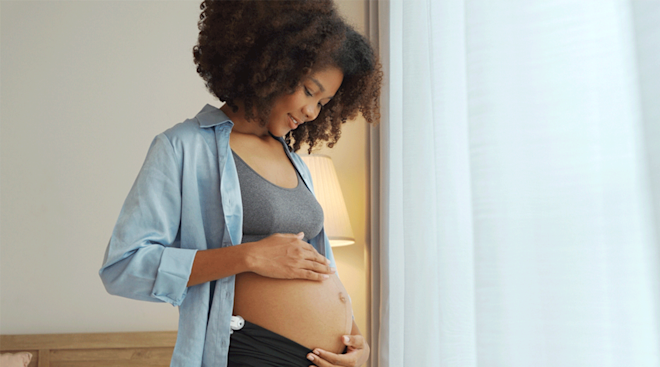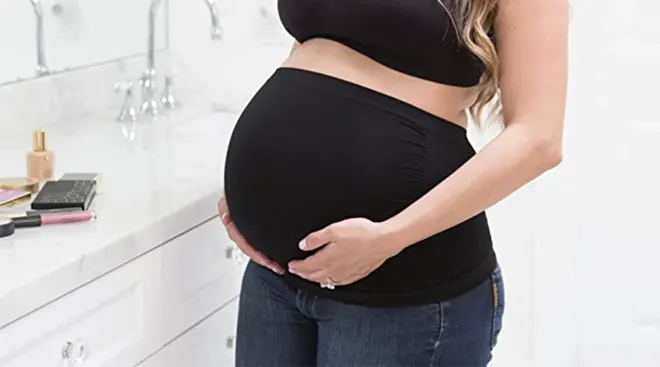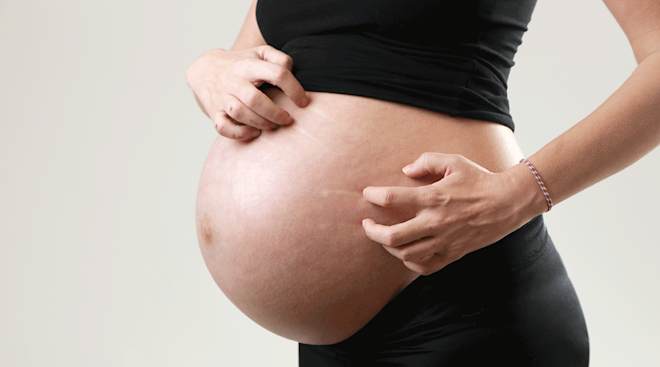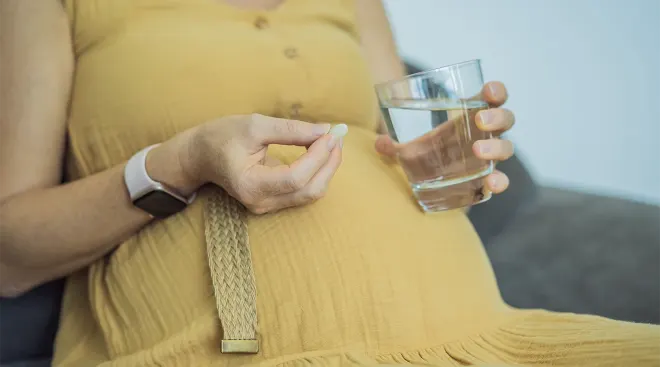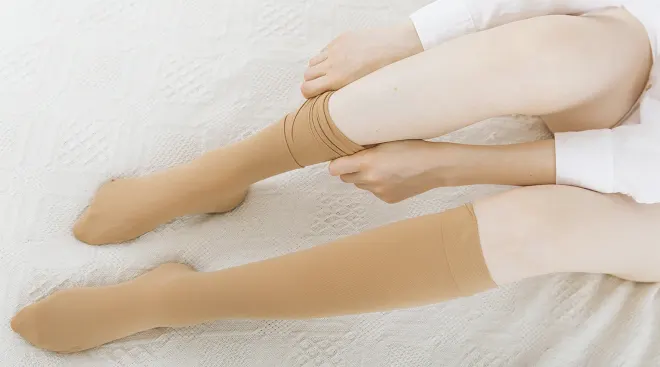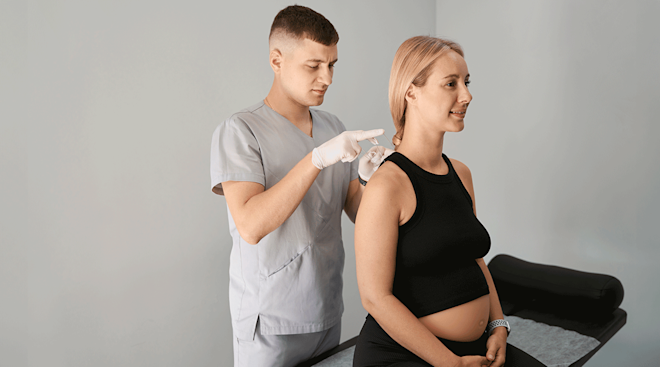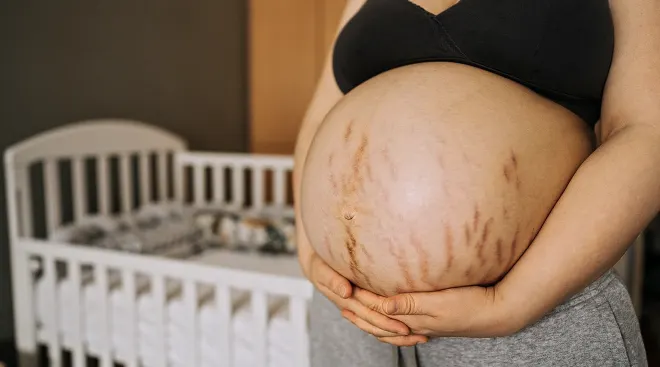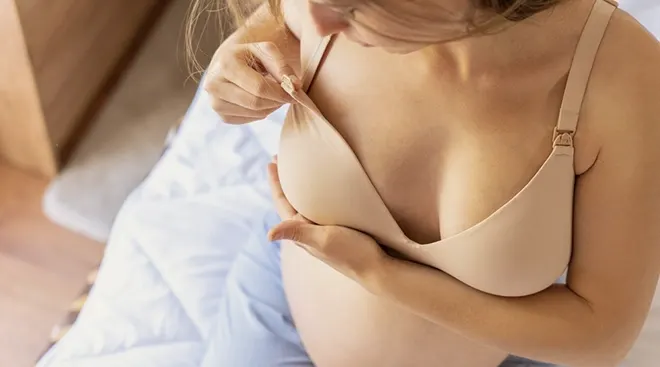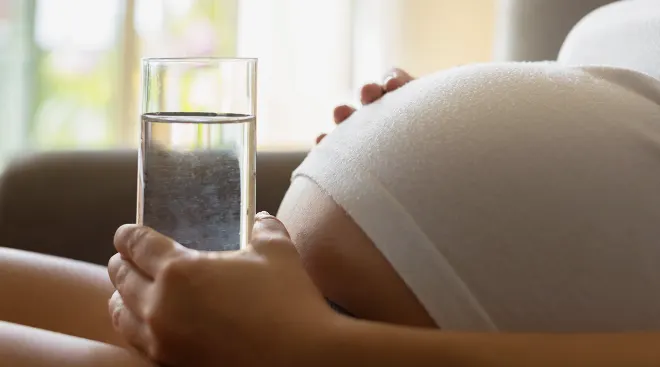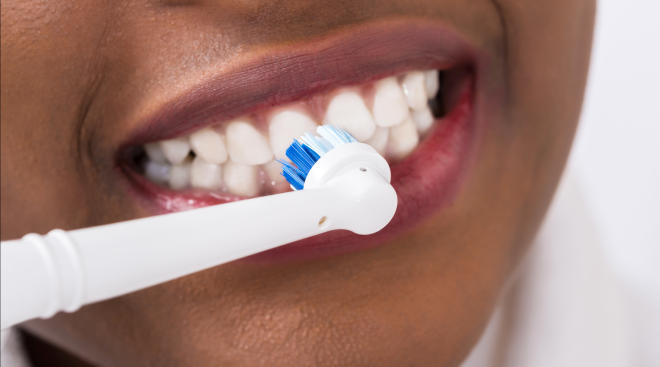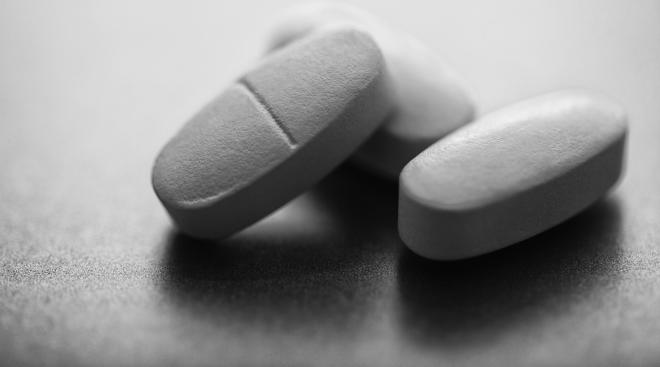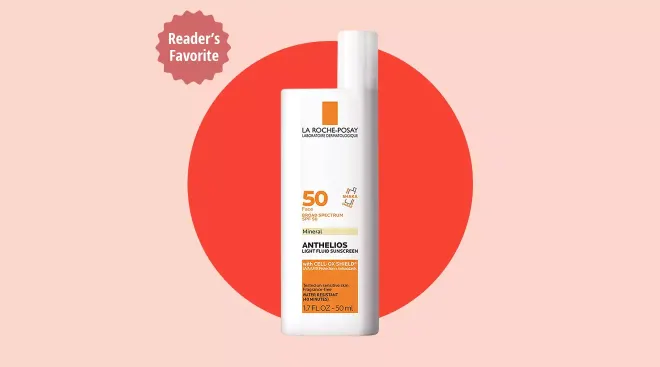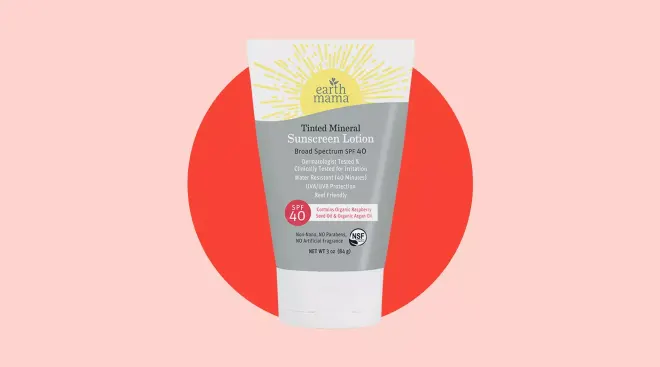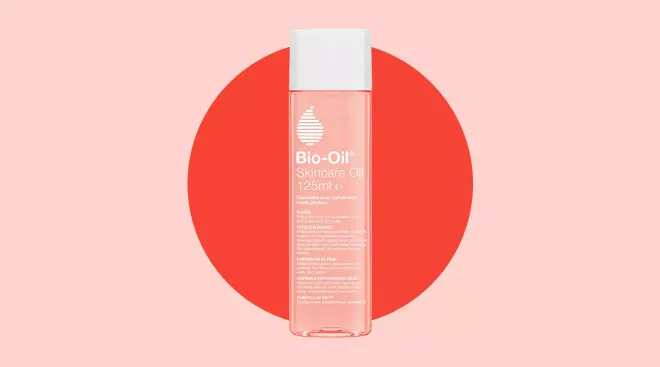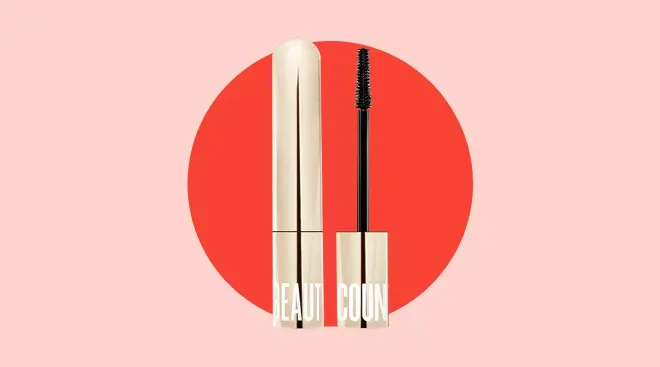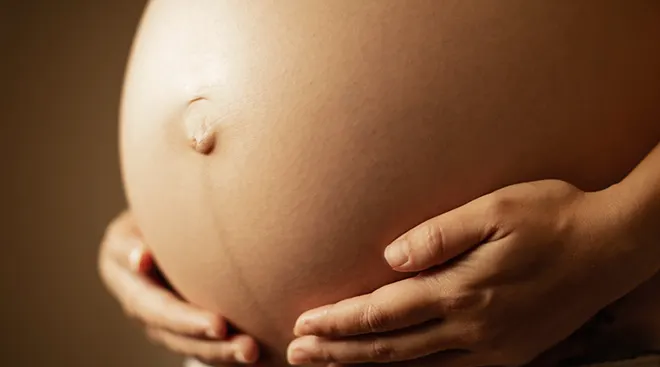
Your Winter Pregnancy Skin Problems, Solved
Did you know that cold winter air has an even bigger effect on your skin when you’re expecting? Now that winter temperatures have finally arrived (in most parts of the country, at least), it’s time to start combating those winter skin woes.
Dry Skin
Cold winter air means less humidity and less moisture. While we may be loving our frizz-less hair, our skin is drying out. Dry skin is a common side effect of pregnancy, and coupled with dry air, your skin will need extra moisture. Make sure you’re drinking lots of water and try running a humidifier in your bedroom at night to help your body keep in as much moisture as possible. Use a gentle lotion or moisturizer. And if you get nasty, itchy sensations because of your dry skin (and all that stretching), try a warm (not hot!) oatmeal bath. Get more info on dry skin during pregnancy here.
Newfound Sensitivities
Sensitive skin means you should avoid scrubbing and using perfumed lotions—both recipes for irritation. Melissa Schweiger, coauthor of Belli Beautiful: The Essential Guide to the Safest Health and Beauty Products for Pregnancy, Mom, and Baby, suggests not using body scrubs or exfoliants while pregnant. Instead, opt for a loofah or a soft, textured washcloth. “The more cuts and wounds on your skin, the easier it is for chemicals to be absorbed into your bloodstream. Ingredients to stay away from in soaps and body washes include triclosan, parabens and fragrance,” she says. These ingredients aren’t just potential irritants; they could potentially pose health risks to baby.
Sun Sensitivity
Now that it’s chilly, you might be trying to soak up any sun you can find. But winter is no time to neglect sun protection for your skin. Why? Surging hormones make you susceptible to dark patches on your skin, called the mask of pregnancy (melasma, aka chloasma). Sunscreen with an SPF of at least 30 is recommended if you’ll be spending time outdoors. “The sun protection that is safest to use during pregnancy is the physical or mineral blocks—these are the ones made with either titanium dioxide or zinc oxide,” says Schweiger. “Chemical sunscreens, such as the kind with oxybenzone, homosalate and avobenzone, are thought to enter the bloodstream and potentially affect the fetus.”
Learn more about pregnancy skin here.
Please note: The Bump and the materials and information it contains are not intended to, and do not constitute, medical or other health advice or diagnosis and should not be used as such. You should always consult with a qualified physician or health professional about your specific circumstances.
Navigate forward to interact with the calendar and select a date. Press the question mark key to get the keyboard shortcuts for changing dates.


































